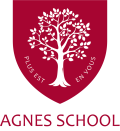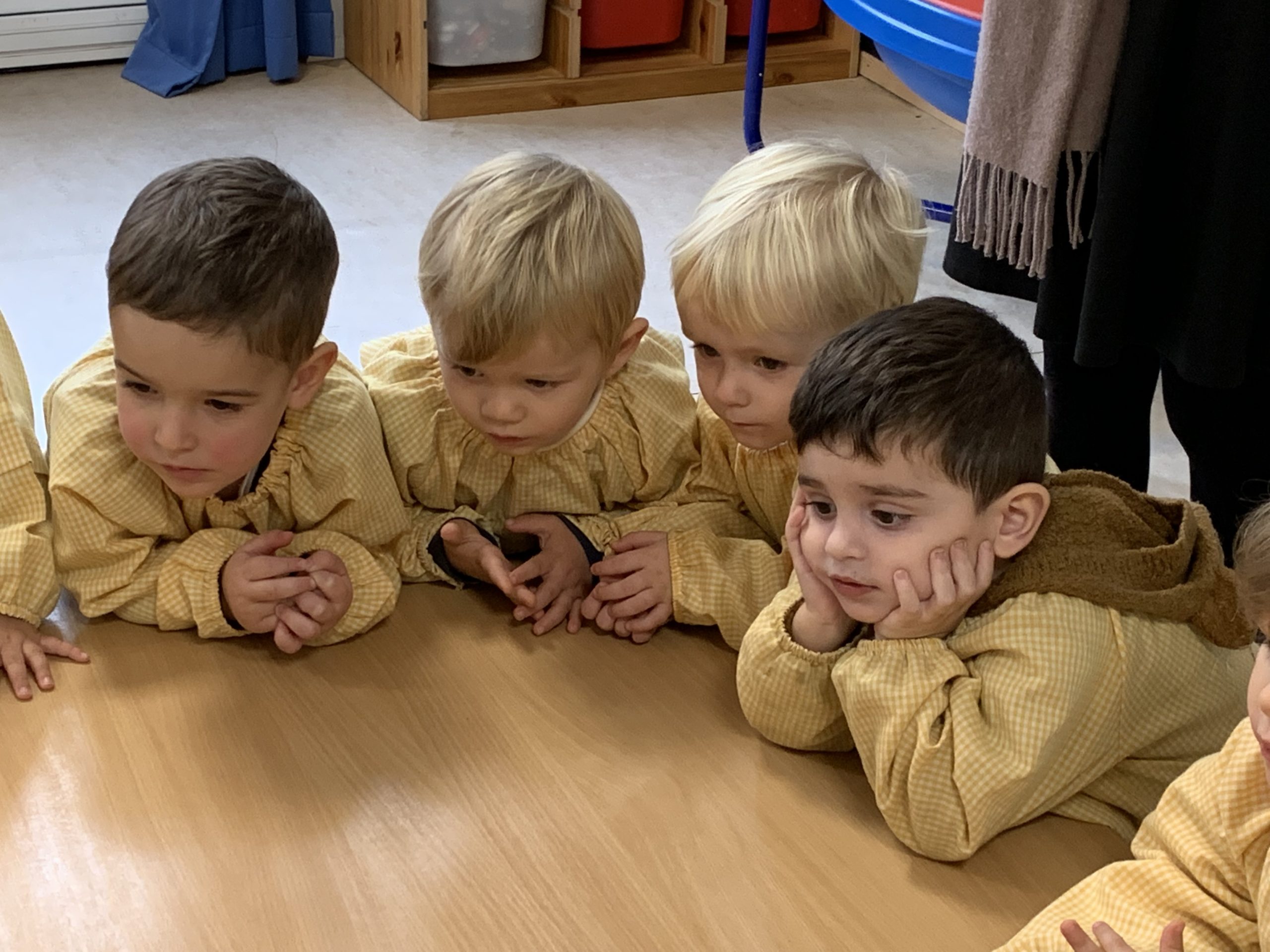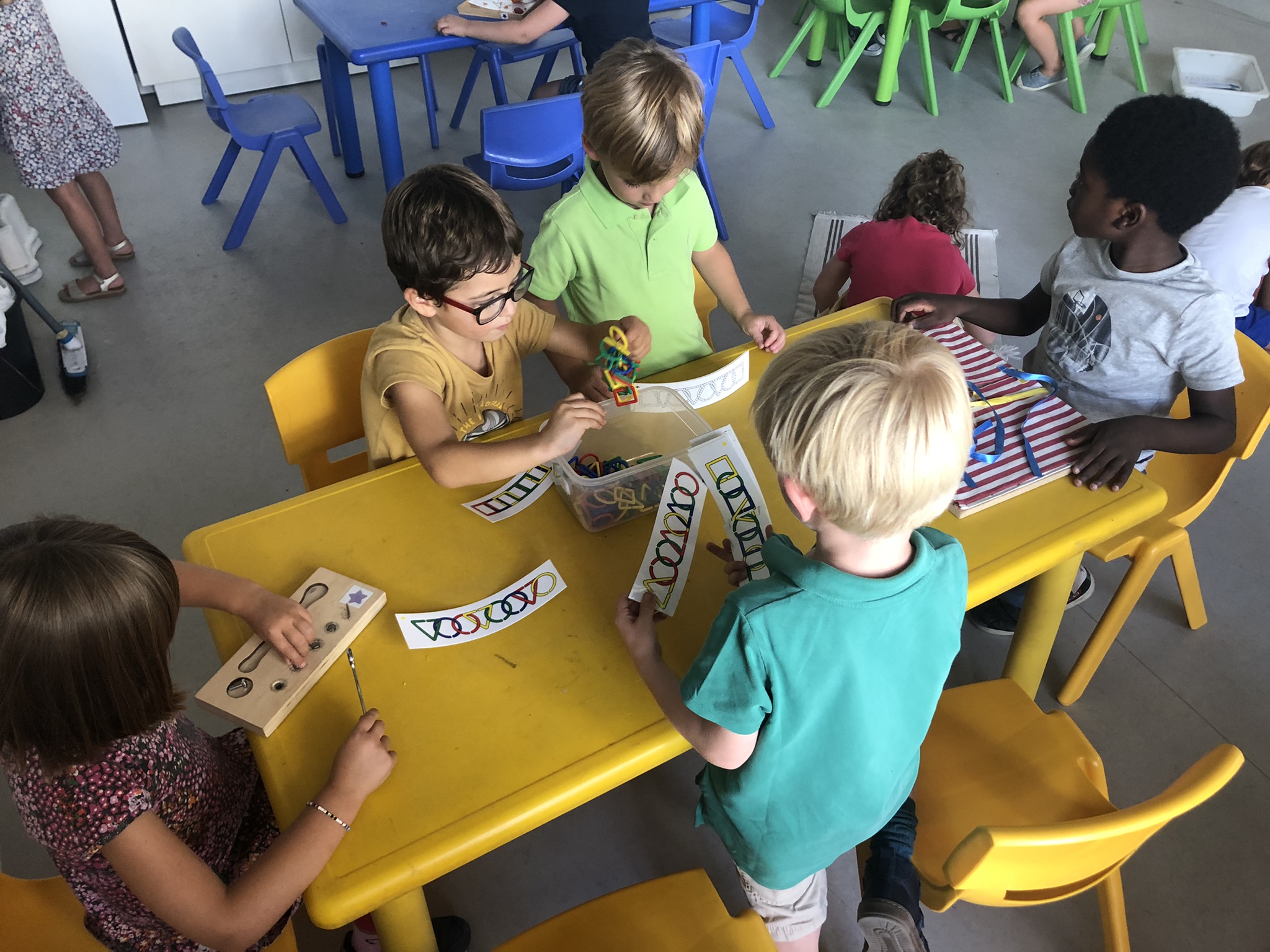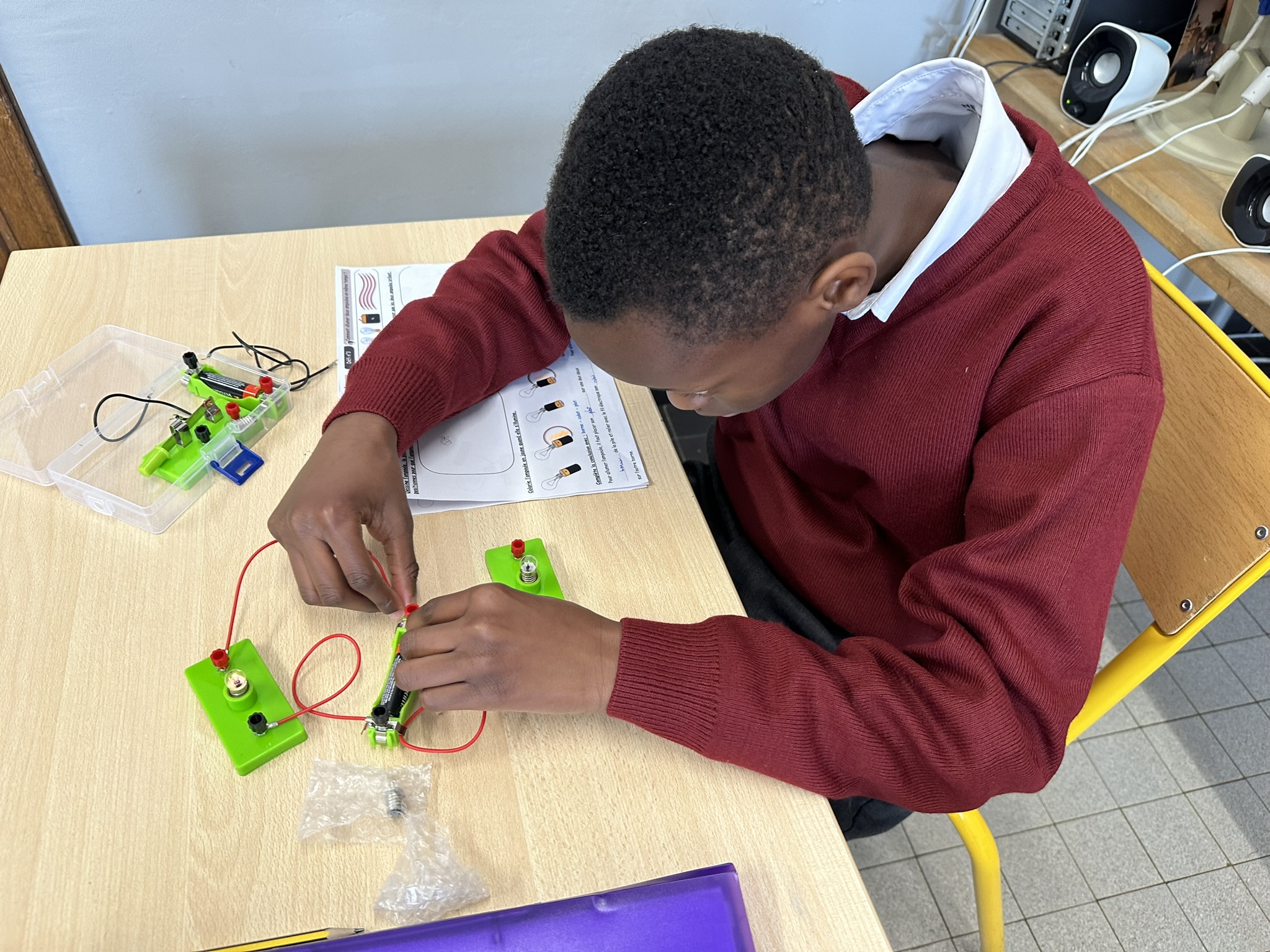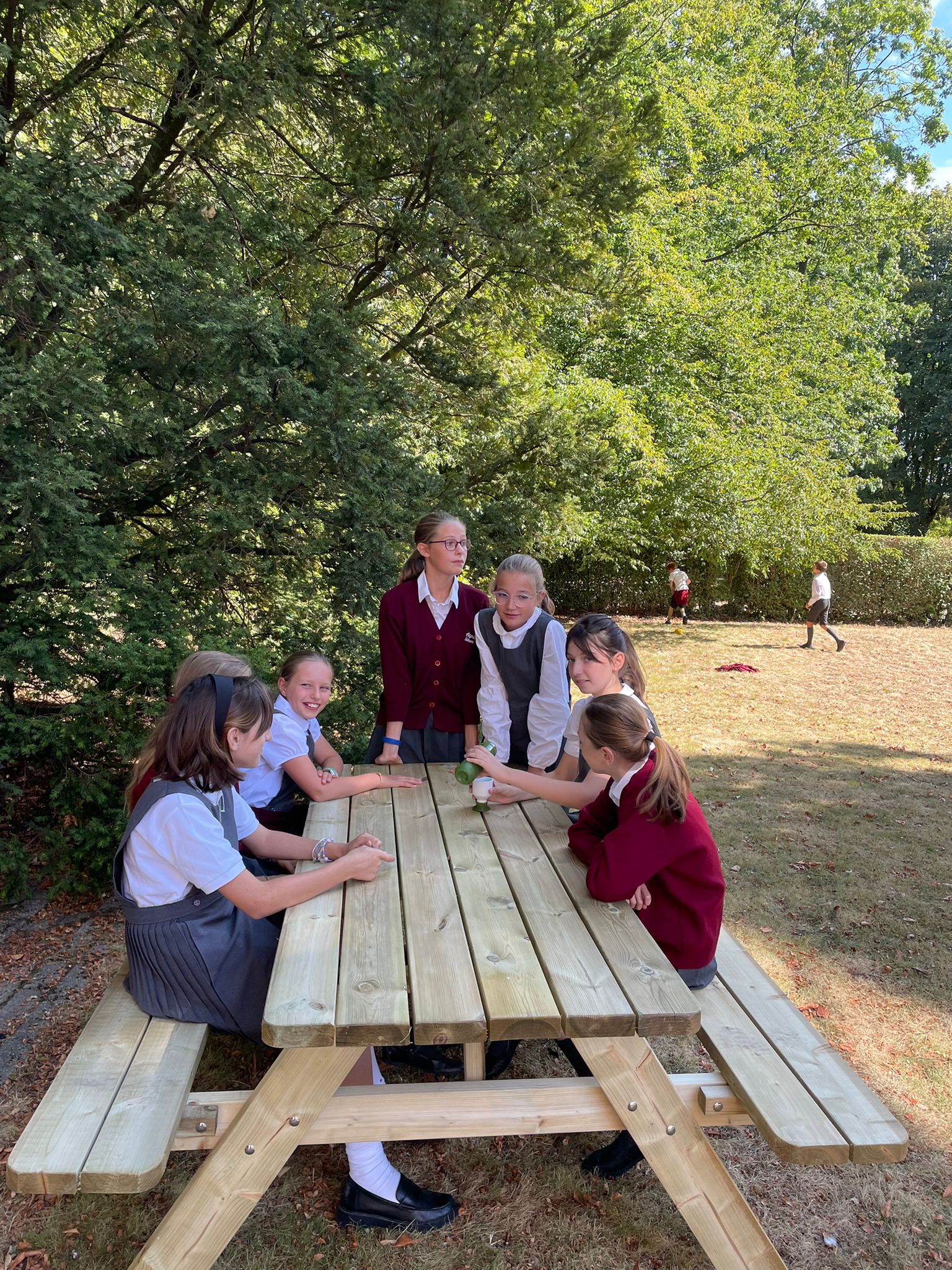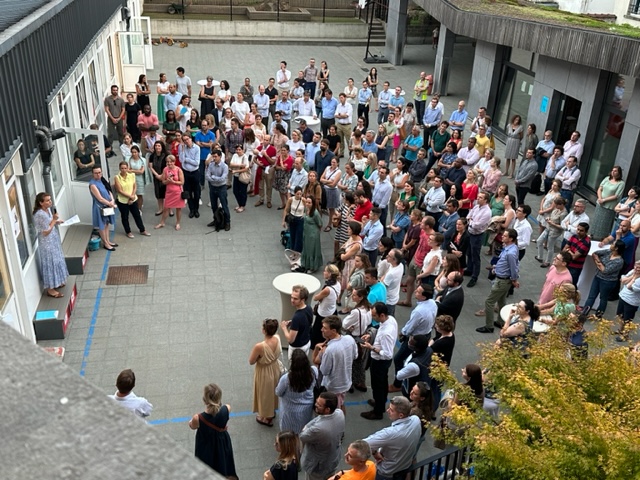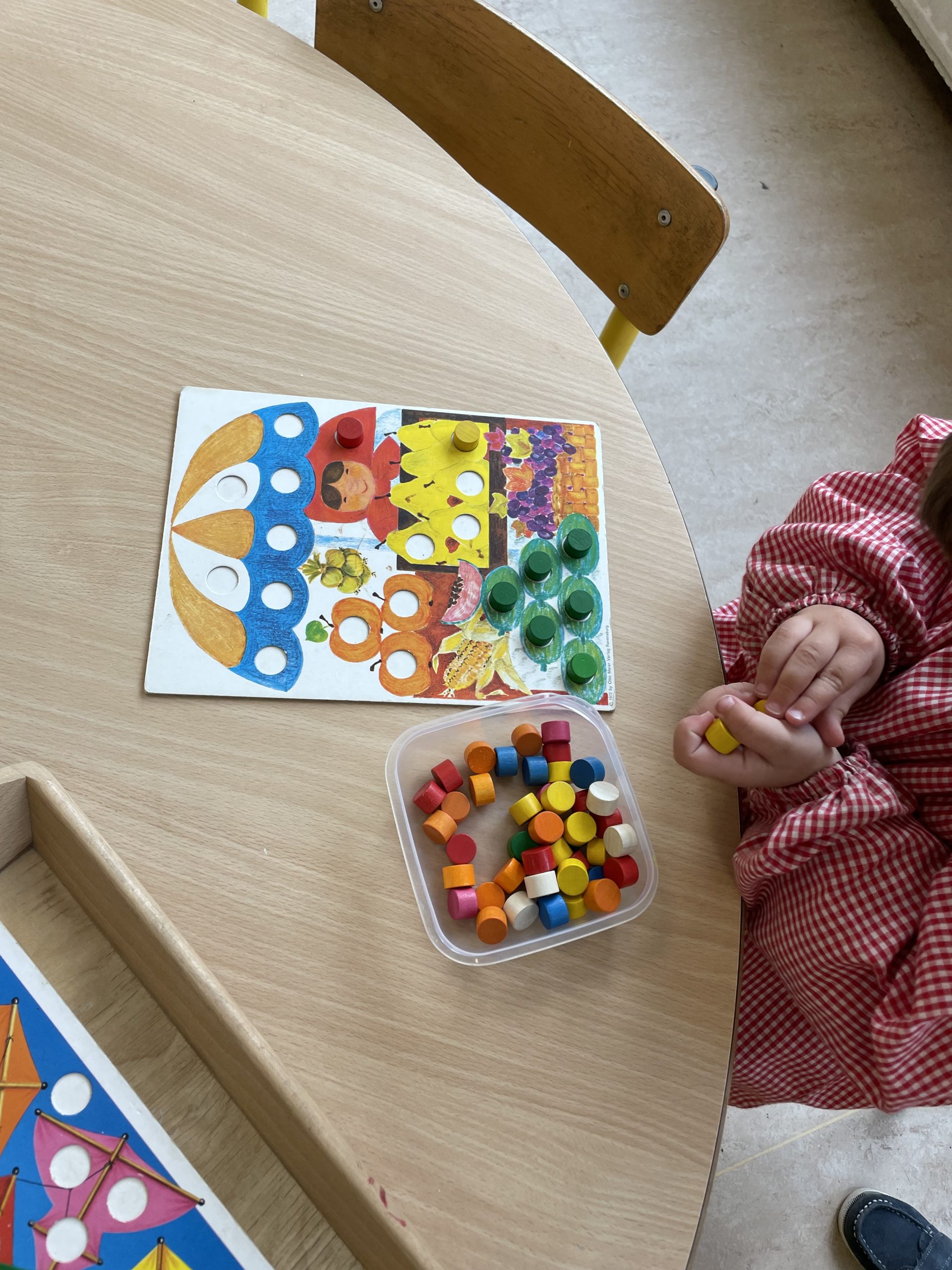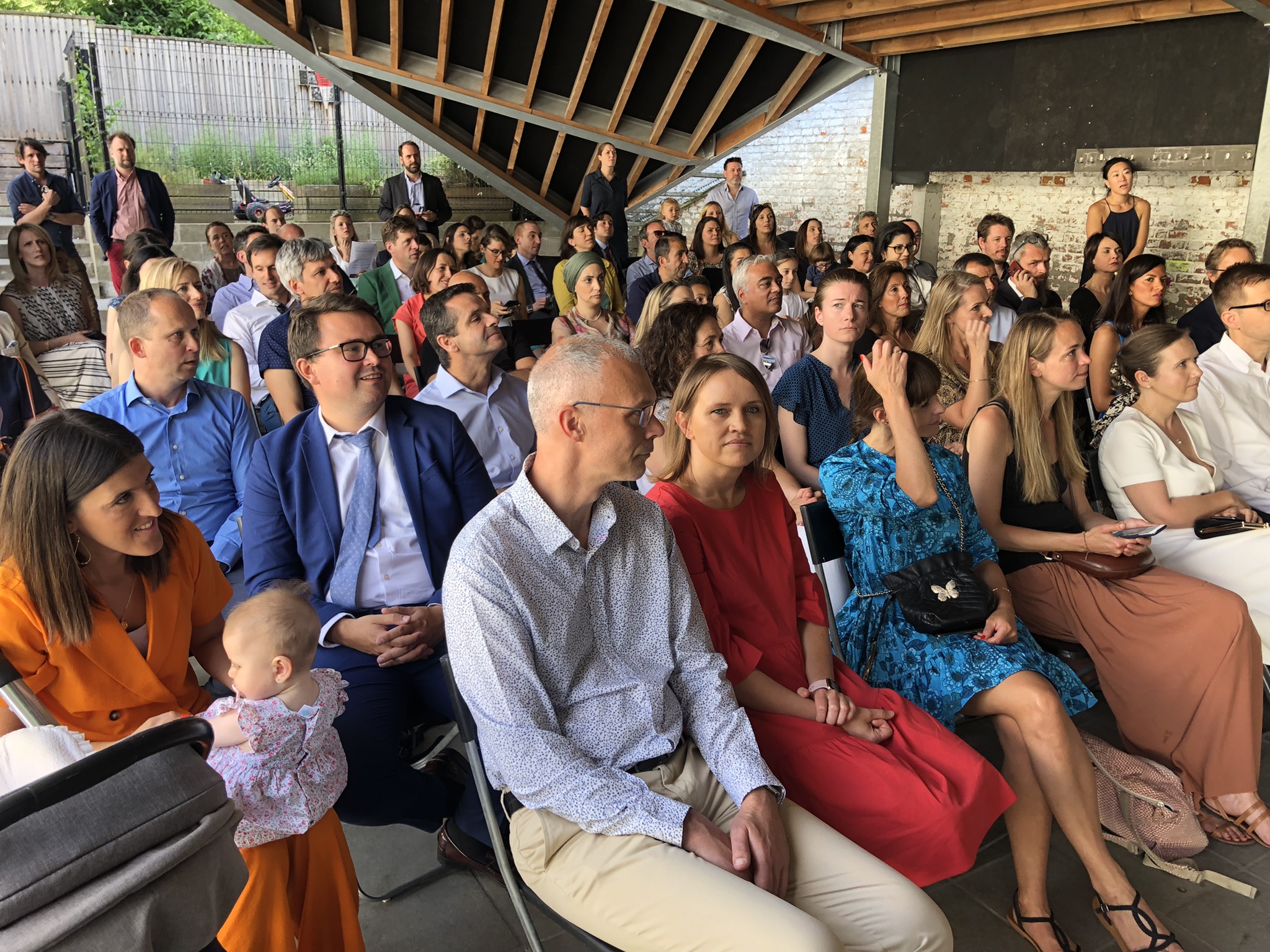The school
The educational project
Agnes School’s project is based on three pillars: the Christian faith, language immersion and an education that focuses on all ‘dimensions’ of our students. For children to give their best, they need to be able to develop all four dimensions, i.e. their intelligence, heart, body and soul, harmoniously.
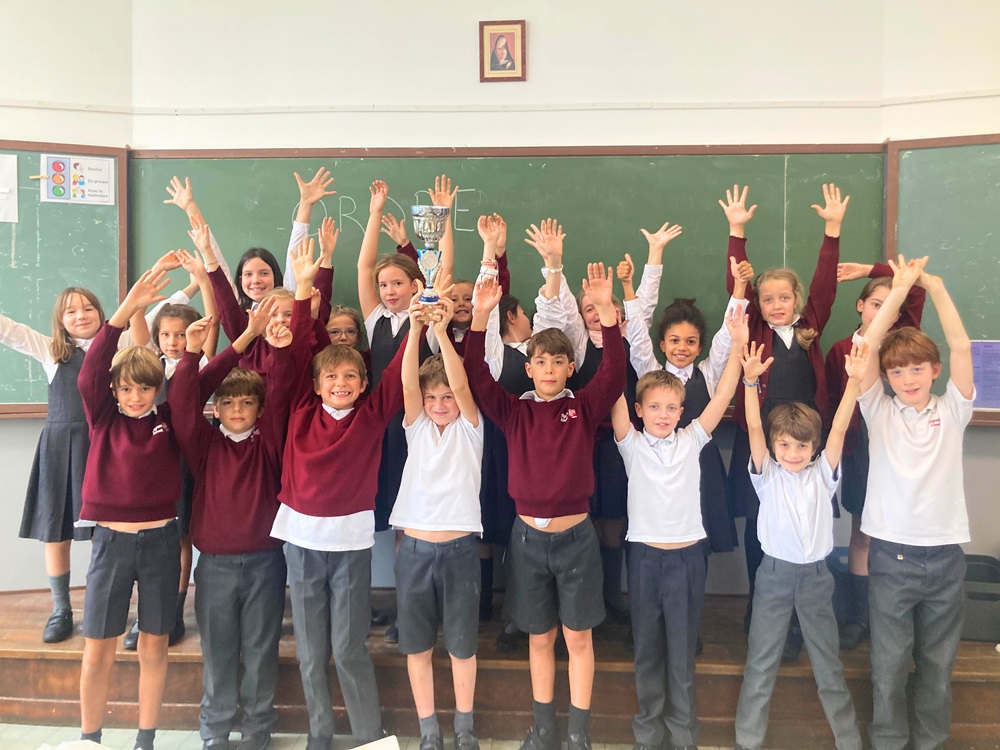
Our mission is to help our pupils achieve personal excellence with a view to becoming independent, responsible, happy and generous adults who are able to commit themselves to making the world a better place.
Our school offers a demanding academic programme that is rich in content and boasts a wealth of attractive materials to accompany learning. Our aim is allow our pupils to grow harmoniously, not only by focusing on intelligence, but with the drive and commitment to also nurture the heart, body and soul.
The different levels
Pre-primary
The pre-primary school welcomes children aged between two and five into a bilingual environment.
Secondary
The secondary school classes currently welcome pupils aged between 12 and 14, and will soon accept pupils aged up to 17.
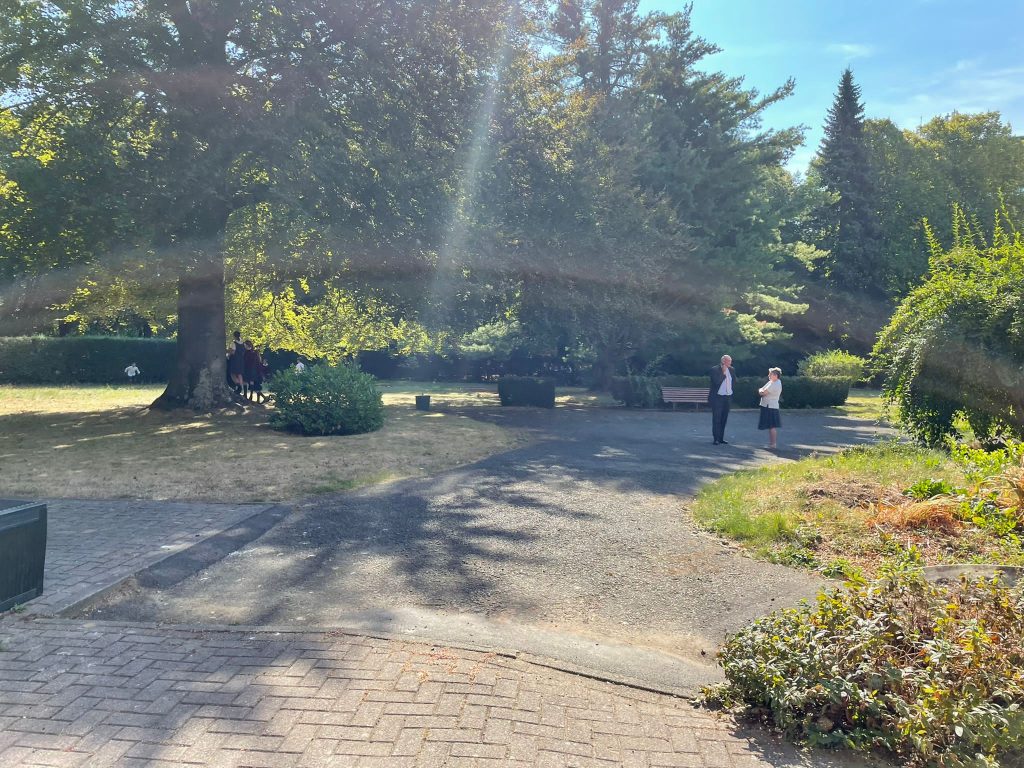
School premises
The school is located in the heart of Brussels, at two centrally located sites:
- Pre-primary and primary school, from M0 to P5: Rue Louis Hap 143, 1040 Brussels
- P6 and secondary classes: Avenue Père Damien 31, 1150 Brussels
Enrolments
The enrolment process is explained in the “Admissions” section. Students may join during the school year.
